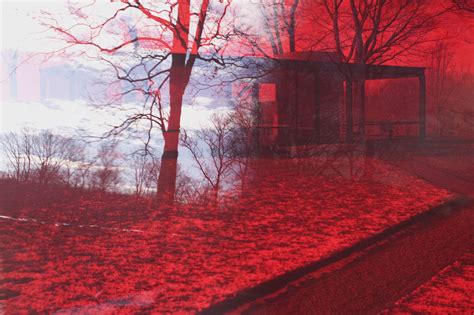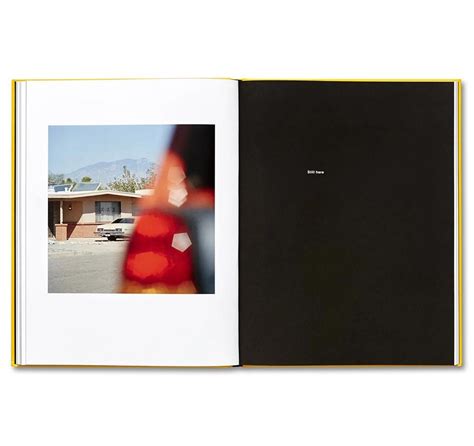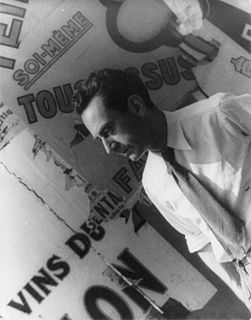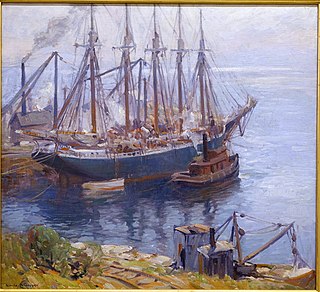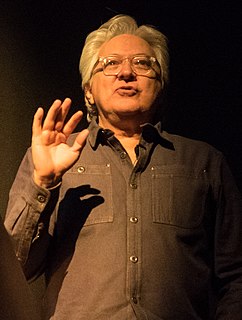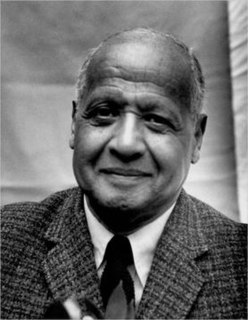A Quote by James Nachtwey
If you make an honest picture of war, it will be an antiwar photograph.
Related Quotes
Mother’s Day really was in its origin an antiwar day, an antiwar statement. Julia Ward Howe was sickened by what had happened during the Civil War, the loss of life, the carnage, and she created Mother’s Day as a call for women all over the world to come together and create ways of protesting war, of making a kind of alternate government that could finally do away with war as an acceptable way of solving conflict.
A photograph records both the thing in front of the camera and the conditions of its making... A photograph is also a document of the state of mind of the photographer. And if you were to extend the idea of the set-up photograph beyond just physically setting up the picture, I would argue that the photographer wills the picture into being.
Newspaper photographs nowadays are highly tautologous. You'll have an article about, say, stopping the war. And the photograph that will be used is literally a poster that reads "Stop The War." Or you'll have a story about a cash crisis in Barcelona, and the only picture you'll see is an ATM in Barcelona. The problem is actually systemic. On the one hand, you'll have a picture of a soda can to "illustrate" an article about the dangers of sugary drinks. On the other hand, anything that's reasonable in documentary photography is snapped up by the art world and we never see it.
There's something arbitrary about taking a picture. So I can stand at the edge of a highway and take one step forward and it can be a natural landscape untouched by man and I can take one step back and include a guardrail and change the meaning of the picture radically... I can take a picture of a person at one moment and make them look contemplative and photograph them two seconds later and make them look frivolous.
I don't think the American people had a clear picture of either Nixon or me. I think they thought that Nixon was a strong, decisive, tough-minded guy and that I was an idealist and antiwar guy who might not attach enough significance to the security of the country. The truth is, I was the guy with the war record, and my opposition to Vietnam was because I was interested in the nation's well-being.


